Description
Homocysteine Test
A homocysteine test measures the amount of homocysteine in your blood. Homocysteine is a type of amino acid, a chemical your body uses to make proteins. Normally, vitamin B12, vitamin B6, and folic acid break down homocysteine and change it into other substances your body needs. There should be very little homocysteine left in the bloodstream. If you have high levels of homocysteine in your blood, it may be a sign of a vitamin deficiency, heart disease, or a rare inherited disorder.
Other names: total homocysteine, plasma total homocysteine
What is it used for?
A homocysteine test may be used to:
- Find out if you have deficiency in vitamin B12, B6, or folic acid.
- Help diagnose homocystinuria, a rare, inherited disorder that prevents the body from breaking down certain proteins. It can cause serious health problems and usually starts in early childhood. Most U.S. states require all infants to get a homocysteine blood test as part of routine newborn screening.
- Screen for heart disease in people at high risk for heart attack or stroke
- Monitor people who have heart disease.
Why do I need a homocysteine test?
You may need this test if you have symptoms of a vitamin B or folic acid deficiency. These include:
- Dizziness
- Weakness
- Fatigue
- Pale skin
- Sore tongue and mouth
- Tingling in the hands, feet, arms, and/or legs (in vitamin B12 deficiency)
You may also need this test if you are at high risk for heart disease because of prior heart problems or a family history of heart disease. Excess levels of homocysteine can build up in the arteries, which may increase your risk of blood clots, heart attack, and stroke.
What happens during a homocysteine test?
A health care professional will take a blood sample from a vein in your arm, using a small needle. After the needle is inserted, a small amount of blood will be collected into a test tube or vial. You may feel a little sting when the needle goes in or out. This usually takes less than five minutes.
Will I need to do anything to prepare for the test?
You may need to fast (not eat or drink) for 8–12 hours before a homocysteine test.
Are there any risks to the test?
There is very little risk to having a blood test. You may have slight pain or bruising at the spot where the needle was put in, but most symptoms go away quickly.
What do the results mean?
If your results show high homocysteine levels, it may mean:
- You are not getting enough vitamin B12, B6, or folic acid in your diet.
- You are at a higher risk of heart disease.
- Homocystinuria. If high levels of homocysteine are found, more testing will be needed to rule out or confirm a diagnosis.
If your homocysteine levels were not normal, it doesn’t necessarily mean you have a medical condition needing treatment. Other factors can affect your results, including:
- Your age. Homocysteine levels can get higher as you get older.
- Your gender. Men usually have higher homocysteine levels than women.
- Alcohol use
- Smoking
- Use of vitamin B supplements
If you have questions about your results, talk to your health care provider.
Learn more about laboratory tests, reference ranges, and understanding results.
Is there anything else I need to know about a homocysteine blood test?
If your health care provider thinks a vitamin deficiency is the reason for your high homocysteine levels, he or she may recommend dietary changes to address the problem. Eating a balanced diet should ensure you get the right amount of vitamins.
If your health care provider thinks your homocysteine levels put you at risk for heart disease, he or she will monitor your condition and may order more tests.

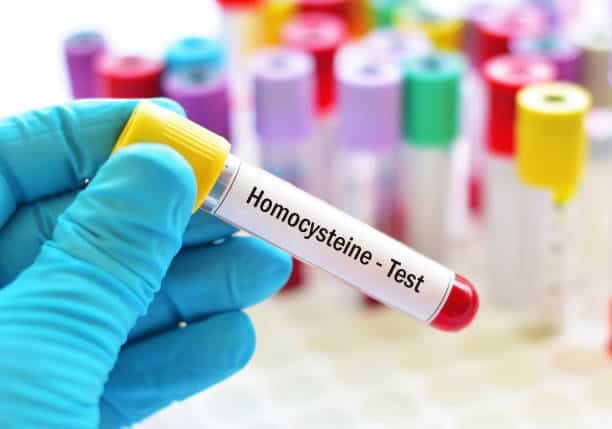
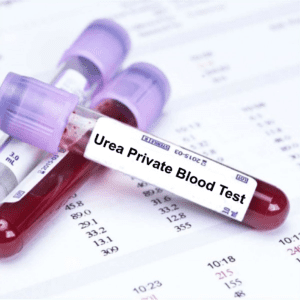
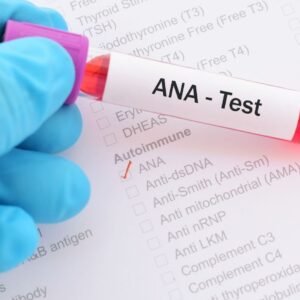
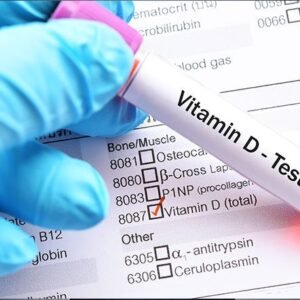
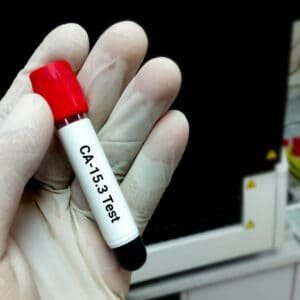
Reviews
There are no reviews yet.